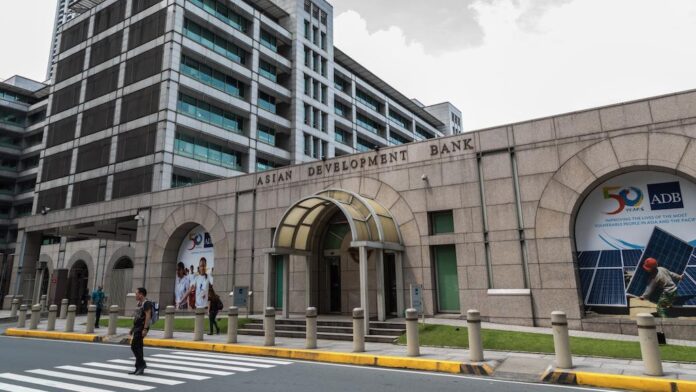The Asian Development Bank (ADB) has announced plans to expand its support to long-term food and nutrition security in Asia and the Pacific by $26 billion, bringing its total funding for food security initiatives to $40 billion over 2022–2030.
The assistance will fund a comprehensive program spanning the entire food production process—from farming and processing—to distribution and consumption. Through financing and policy support for governments and companies, the program aims to help Asia and the Pacific generate diverse and nutritious food, create jobs, reduce environmental impacts, and promote resilient agricultural supply chains.
“Unprecedented droughts, floods, extreme heat, and degraded natural resources are undermining agricultural production, while at the same time threatening food security and rural livelihoods,” said ADB President Masato Kanda at ADB’s 58th Annual Meeting in Mila.
“This expanded support will help countries alleviate hunger, improve diets, and protect the natural environment, while providing opportunities for farmers and agribusinesses.
The new ambition builds on ADB’s September 2022 pledge to invest $14 billion by 2025 to improve food security and ease the regional food crisis. By the end of 2024, ADB had committed $11 billion—about 80 percent of the original allocation—with an additional $3.3 billion in investments programed for 2025.
The $26 billion in additional funding announced today will consist of $18.5 billion in direct ADB support for governments and $7.5 billion in private sector investments. By 2030, ADB aims for private sector investments to account for more than 27 percent of the total $40 billion program—underscoring the critical role of the private sector in driving food systems transformation.
More than half of the world’s undernourished people live in developing Asia. Biodiversity loss and malnutrition are straining food systems, which account for 70 percent of global water use, 50 percentof habitable land, and 80% of biodiversity loss. Food systems also employ 40 percent of the region’s workforce.








